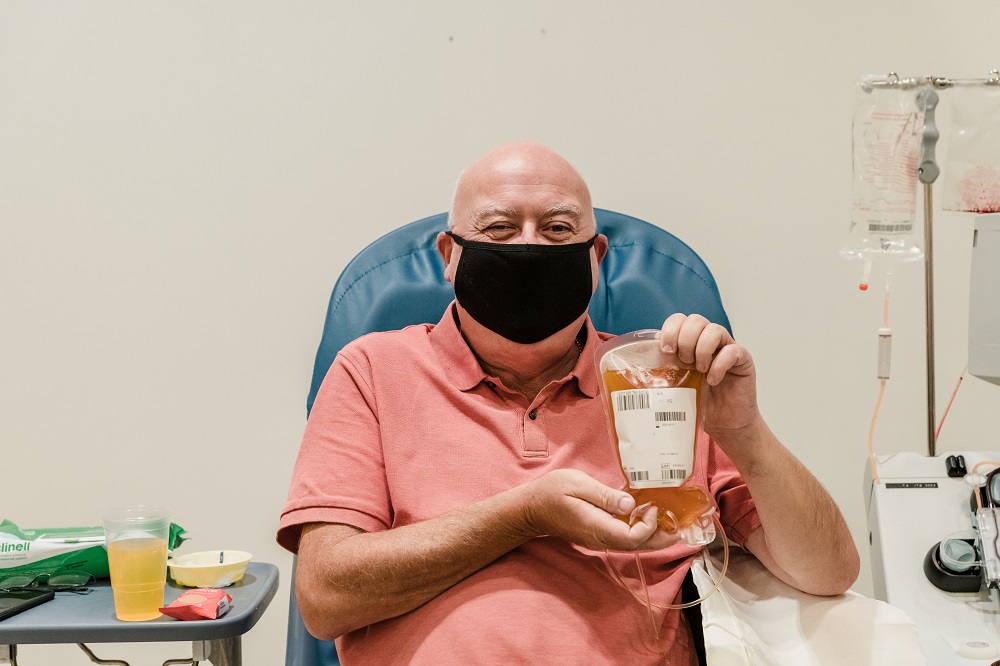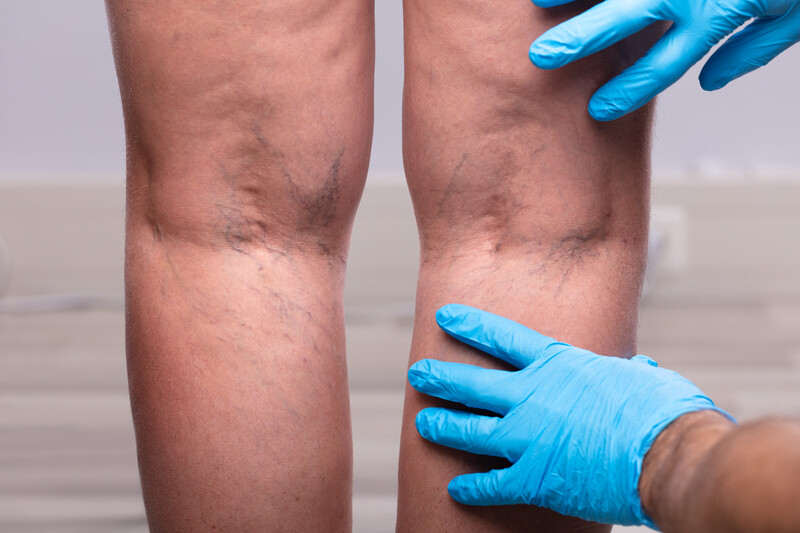The Importance of Plasma Donation in Utah
Plasma donation plays a vital role in modern medicine, offering life-saving treatments for patients with various medical conditions. In Utah, the demand for plasma remains high due to its essential use in treating immune deficiencies, burns, and other serious health issues. Many individuals choose to donate plasma not only as an act of generosity but also as a way to contribute to the healthcare system. Understanding the process, benefits, and requirements for plasma donation in Utah can help potential donors make informed decisions.
The Plasma Donation Process in Utah
Donating plasma in Utah is a straightforward yet highly regulated process to ensure donor safety and the quality of the plasma collected. The process begins with an initial screening, where potential donors undergo a health check, including a review of their medical history, blood pressure, and protein levels. These assessments ensure that donors are in good health and capable of safely giving plasma.
Once the donor passes the screening, the donation itself takes place through a process called plasmapheresis. This technique involves drawing blood, separating plasma from other components, and returning the remaining blood cells to the donor’s body. Plasmapheresis allows for a quicker recovery period compared to whole blood donation, making it possible for donors to give plasma more frequently. Utah follows strict federal and state guidelines to maintain the integrity of the plasma supply, ensuring each donation meets health and safety standards.
After the donation, the body naturally replenishes plasma within a short period, allowing donors to return for future sessions. Many centers in Utah compensate donors for their time, providing an incentive while encouraging repeat donations. Plasma donation centers across the state prioritize donor comfort and adhere to industry regulations, making the experience both safe and rewarding.
Benefits of Plasma Donation for Donors and Recipients
Plasma donation in Utah offers benefits for both donors and those who rely on plasma-derived treatments. For recipients, donated plasma is an invaluable resource that contributes to medical advancements and helps individuals with chronic conditions such as hemophilia, autoimmune disorders, and severe burns. Plasma-based therapies improve quality of life and provide essential treatment options that would otherwise be unavailable.
For donors, the process presents an opportunity to contribute to a meaningful cause while also receiving potential health benefits. Regular plasma donation has been associated with improved blood circulation and reduced levels of harmful iron buildup. Additionally, many Utah residents who donate plasma receive financial compensation, which can serve as an extra source of income. Some donation centers offer incentives such as loyalty bonuses, making the process even more appealing for repeat donors.
Beyond the immediate rewards, plasma donation fosters a sense of community involvement and social responsibility. Knowing that a single donation can make a difference in multiple patients’ lives motivates many Utah donors to continue giving regularly. Local donation centers often collaborate with hospitals and research facilities, ensuring that plasma donations are directed toward those who need them most.
Finding Plasma Donation Centers in Utah
Utah hosts several plasma donation centers, making it convenient for residents to participate in the donation process. Cities such as Salt Lake City, Provo, and Ogden have multiple facilities, each equipped with professional medical staff dedicated to ensuring donor safety. These centers operate under strict regulatory guidelines, maintaining high standards for plasma collection and storage.
Potential donors can locate nearby centers through online searches or by checking with national plasma donation networks. Most donation centers provide detailed information regarding eligibility criteria, appointment scheduling, and compensation policies. New donors are encouraged to bring identification and prepare for the process by staying hydrated and eating a balanced meal beforehand.
Each donation center may have specific requirements regarding donor eligibility. General guidelines include being in good health, meeting minimum weight requirements, and being within the allowed age range. Some centers may also conduct additional screenings to determine suitability for plasma donation. By adhering to these standards, Utah ensures that the plasma supply remains safe and effective for medical use.




